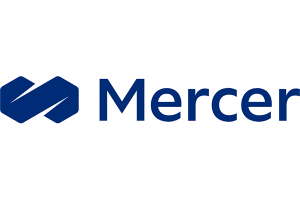Supply Chain
Showing all 2 results
SUPPLY CHAIN
Supply Chain Management (SCM), also known as Operations Research & Analytics, is a discipline of operations research that focuses on optimizing the flow of goods and services. SCM is concerned with planning, scheduling, coordinating, and controlling the movement of materials, information, people, and finances involved in the production and delivery of products and services.
Supply chain management (SCM) is the practice of planning, organizing, directing, controlling, coordinating, and monitoring the flow of products and services throughout their lifecycle. SCM is concerned with the entire supply chain, including production, distribution, sales, marketing, service, and customer satisfaction.
SCM (Software Control Module) is a type of software that controls the operation of a piece of equipment. These modules are used in industrial settings where automation is necessary. SCMs are used to monitor and control the operation of machines, processes, and systems. SCM modules are used to control the operation of pumps, valves, motors, conveyors, and other devices. SCMs are used in manufacturing, mining, chemical processing, food production, power generation, transportation, water treatment, and other industries.
There are two types of SCMs: programmable logic controllers (PLCs) and distributed control systems (DCS). PLCs are used for small-scale operations while DCSs are used for larger scale operations.
Supply Management Software helps businesses manage their inventory and supplies. It is a computerized system that tracks the movement of products throughout the entire supply chain. It provides real-time information about the status of each product and its location at any given time.
Logistic Management Software (LMS) is a computerized system designed to help companies manage their supply chain efficiently. LMS helps companies track inventory levels, monitor shipments, and keep records of sales and purchases.
The primary purpose of an LMS is to improve efficiency. Companies using LMS can reduce costs, increase profits, and maximize productivity.
Questions and Answers
1. What are supply chain management systems?
Supply Management Software helps companies reduce costs by reducing the amount of manual work involved in managing their inventory. By automating processes, they can save money and increase efficiency.
2. How does SCM softwares help customers in their business?
Supply Management Software helps improve customer service by providing accurate information regarding stock levels and orders. Customers can easily find out what items are in stock and where they can be purchased.
3. How does LMS manage supply chains to improve efficiency?
The primary purpose of an LMS is to improve efficiency. Companies using LMS can reduce costs, increase profits, and maximize productivity.
4. What are examples of LMS ?
A good example of a centralized LMS is SAP Business One. This program is used by many Fortune 500 companies. It is highly customizable and integrates seamlessly with other business applications.


